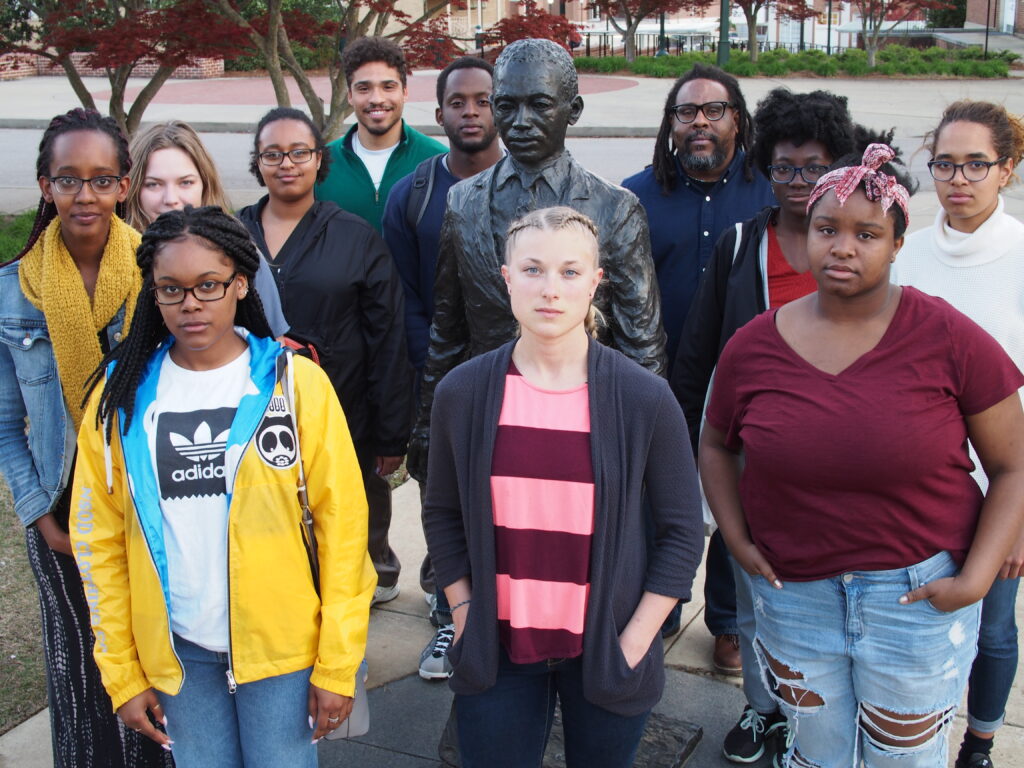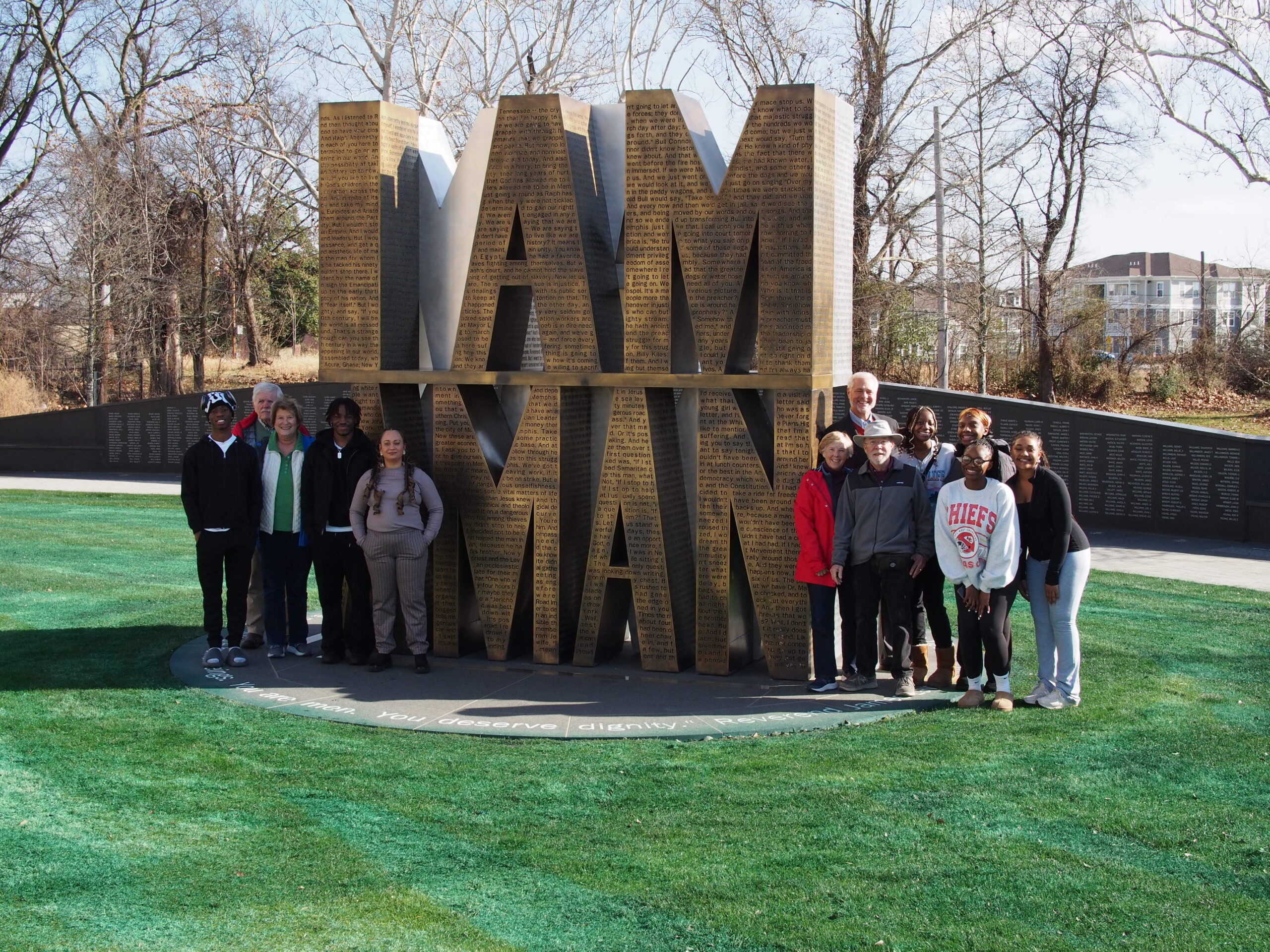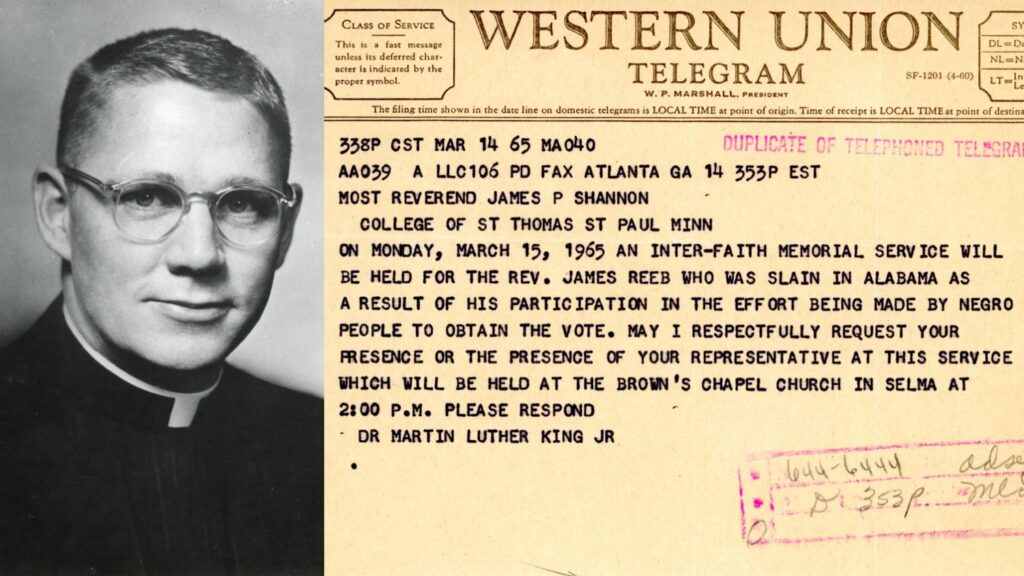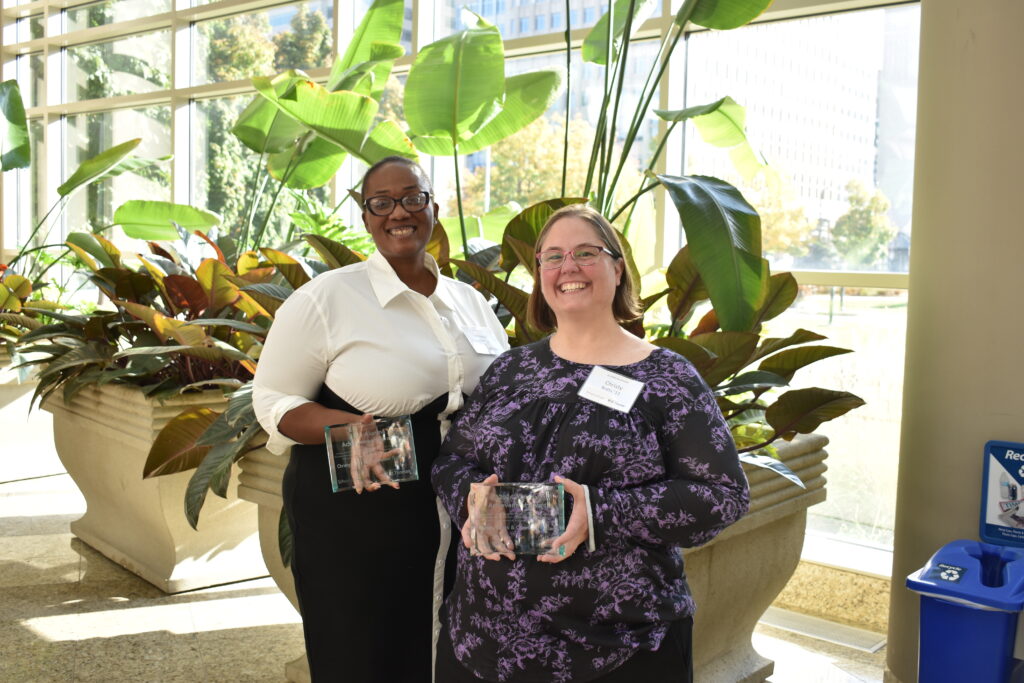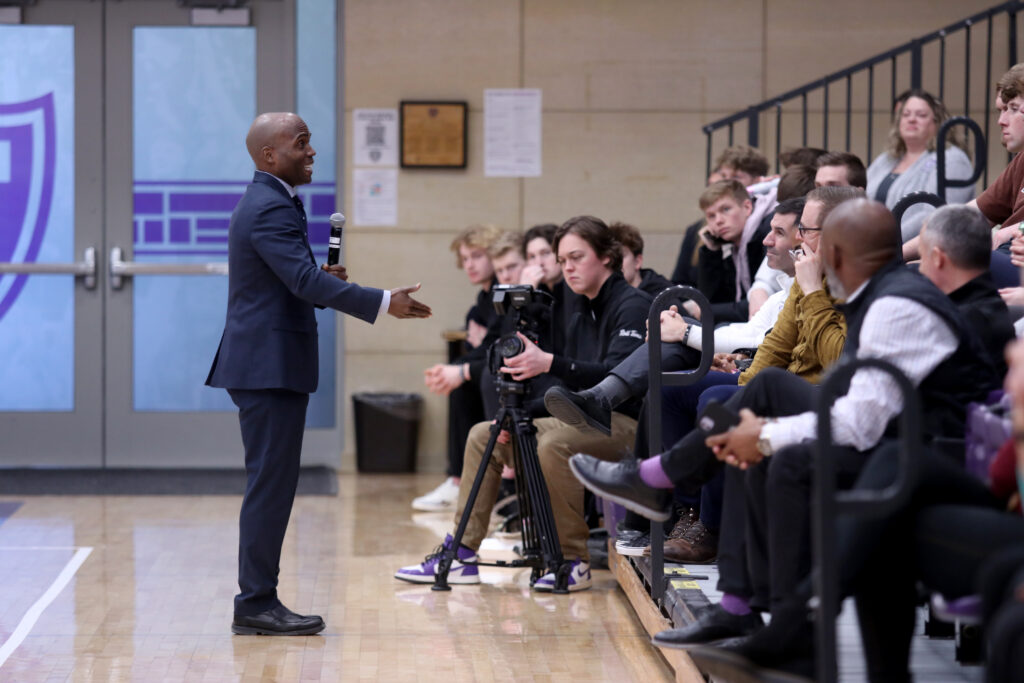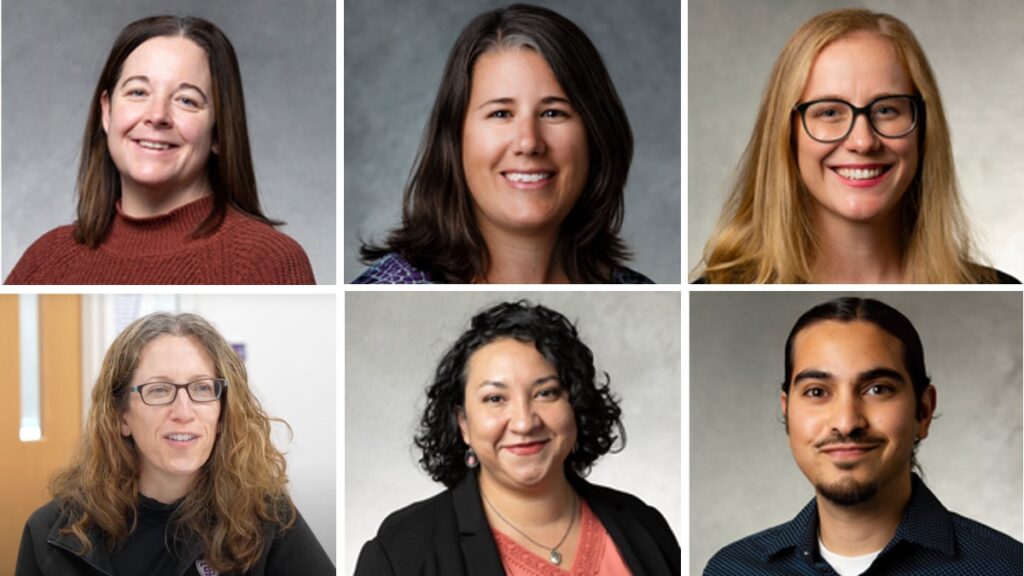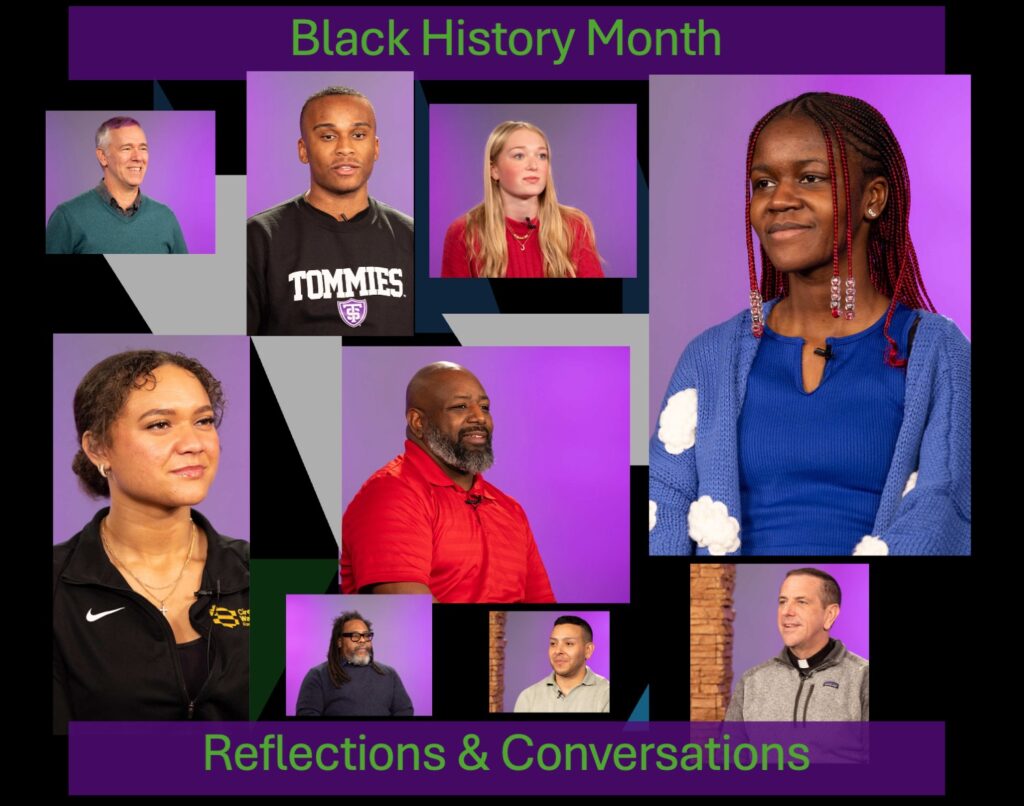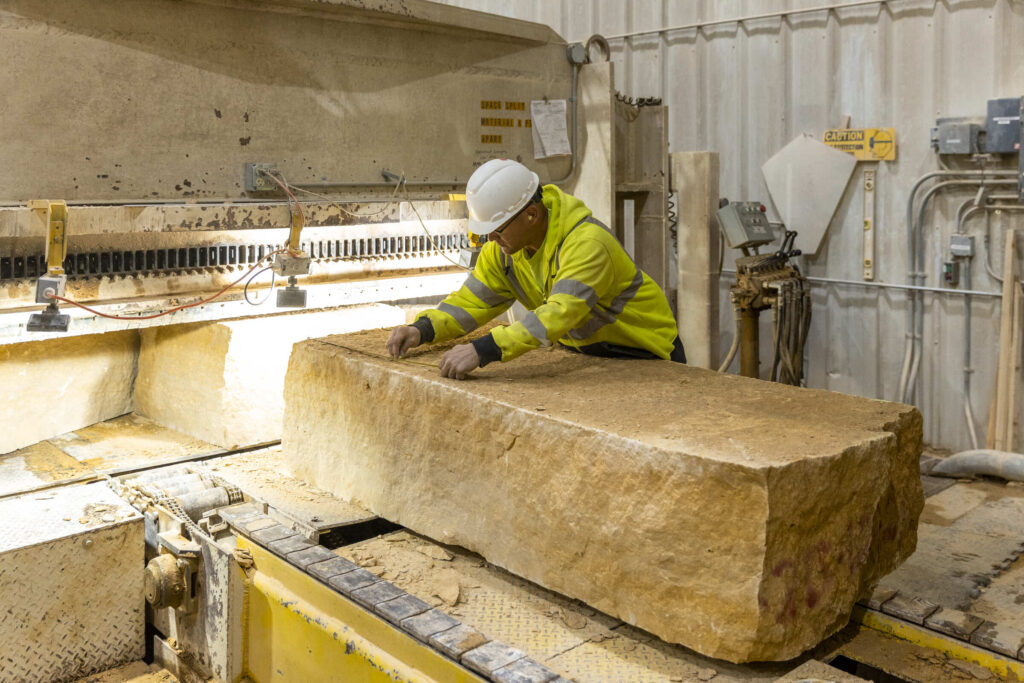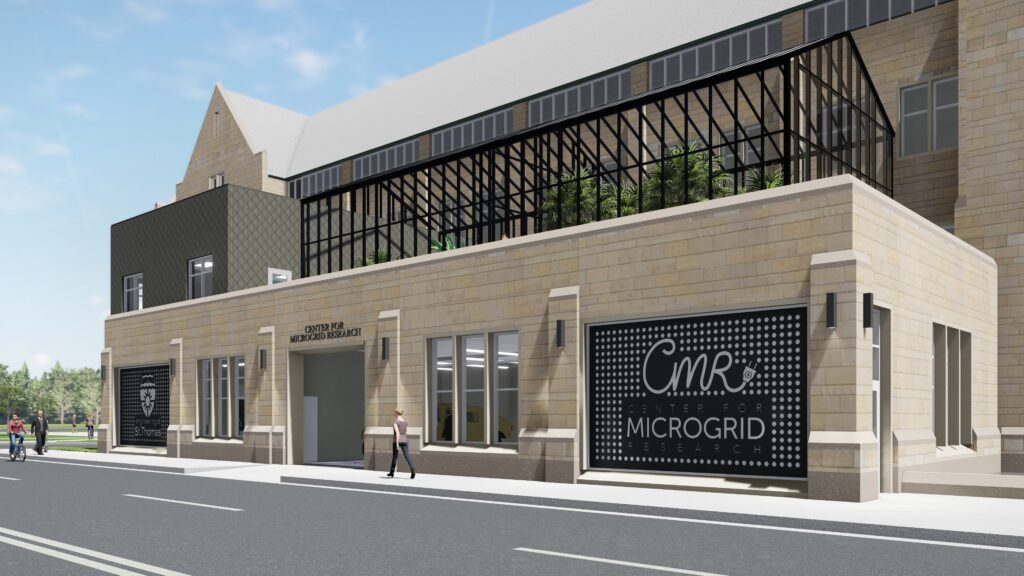Sometimes a field trip is what’s needed to put history into perspective. Every January since 2013, a group of students at the University of St. Thomas have come together for the We March for Justice Civil Rights Study Tour. There’s something different about the 2024 trip, however.
For the first time this year, older students from the Selim Center for Lifelong Learning joined undergraduate students on the trip. The senior adults were alive in the ’60s , ’70s and ’80s and their experience is proving beneficial to the younger students.
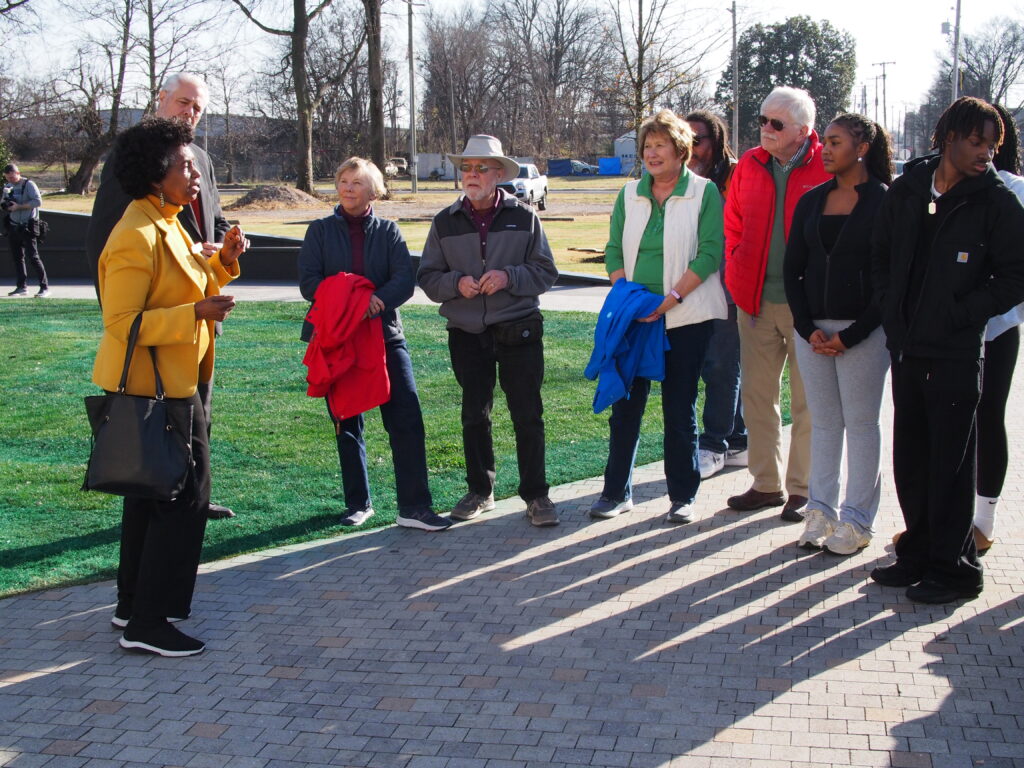
“This intergenerational aspect of the trip is quite unusual and makes it different from most travel opportunities offered for undergraduates, not just at St. Thomas, but across the nation,” said Todd Lawrence, an associate professor in American Culture and Difference and English at the University of St. Thomas in Minnesota.
“The Civil Rights Movement was always an intergenerational movement, with young and old folks working together to achieve justice,” said Selim Center for Lifelong Learning Director Bob Shoemake. “It seems fitting that we are able to experience this movement, and these people and places as an intergenerational group.”
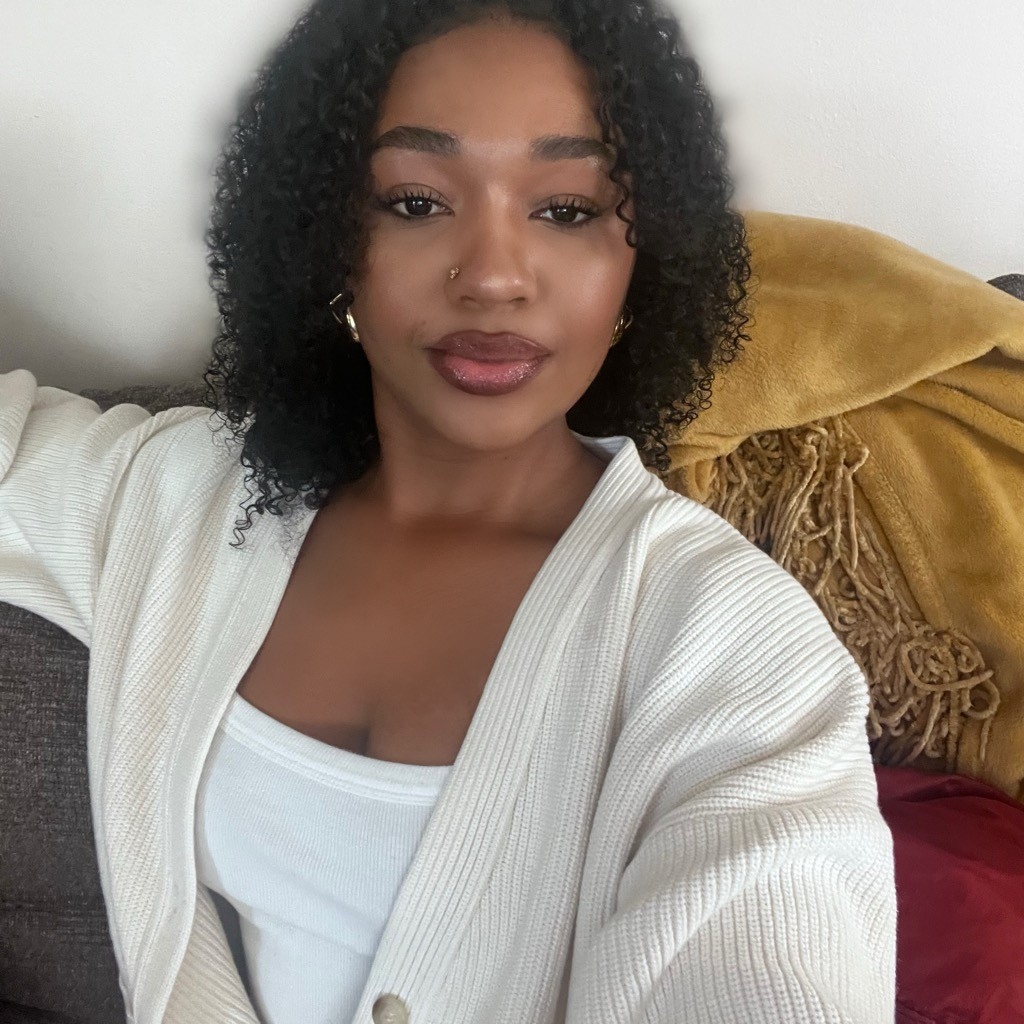
Nevaeh Madison, a first-year St. Thomas student and Dease Scholar who is double majoring in history and psychology with a minor in theology for the common good, agrees how impactful it is to have an immersive experience with a different generation than her own.
“The importance of this trip to me is to continue to gain insight on the social justice movement from those who came before me and knowledge of intergenerational trauma that affects us all,” Madison said.
Most of the 10 students on this year’s trip – both from the Selim Center and St. Thomas undergraduates – have never experienced the South before. “So, it is an opportunity for both age groups to experience the place, people and history together,” Shoemake said.
Initially part of the Excel! Research Scholars program, this one- to two-week study trip founded in 2012 by Cynthia Fraction and the late David Steele focuses on engaging with figures of the movement as well as contemporary activists trained and inspired by them in the places where they did and are still doing their work.
In other words, the students learn about the history of the movement, and they learn it from people who were there.
“Importantly, they learn that the notion of justice that animated the movement is still worth fighting for today,” said Lawrence. “Students realize that while we may no longer be fighting to sit where we want on a bus or come in the front door of a restaurant, we must continue the struggle to address ongoing social and economic disparities. As one of our favorite foot soldiers of the movement always says to students: ‘Movements may change, but our commitments stay the same.’”
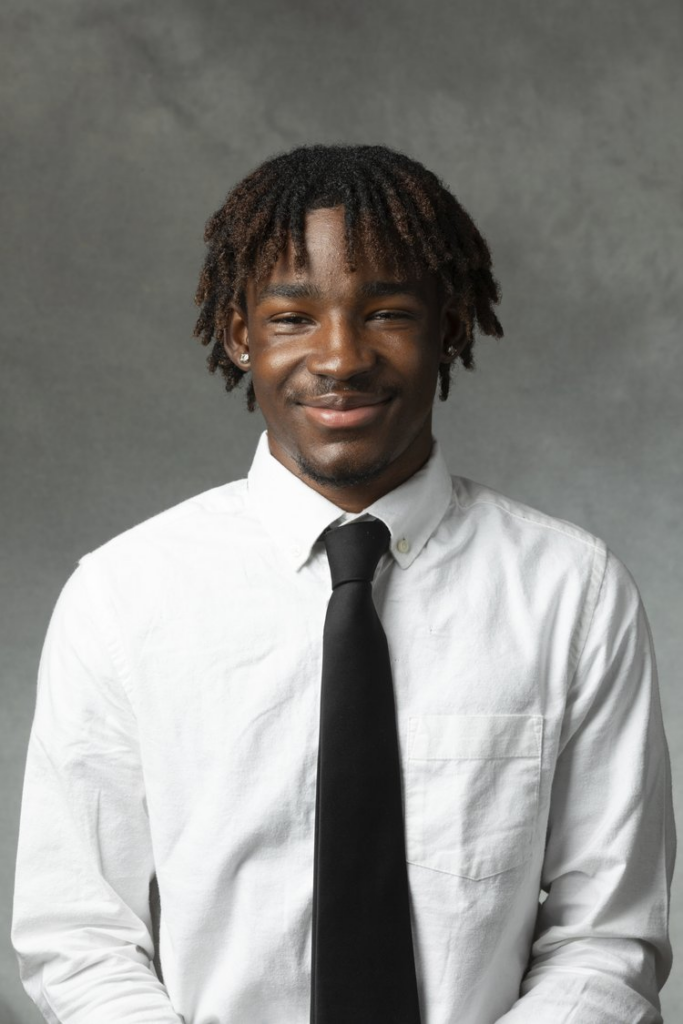
Secondary education major and common good minor Makai Green said this experience “has already been so life-changing and eye-opening.”
In addition to meeting Civil Rights leaders such as Elaine Turner, whom Green calls “an extremely influential and caring woman,” he added that the group toured historical markers such as the funeral home where Dr. Martin Luther King was laid to rest in while in-state. They also toured First Baptist Church on Beale Street, Burkle Estate, and King’s Mountaintop sculpture.
“This trip has allowed me to see, feel and understand history on a deeper level by being immersed in stories and facts that would’ve never been taught to me otherwise,” he said. “My time with Ms. Turner has been the biggest highlight so far.”
Lawrence added that during this moment in time when education - what and how students learn – is under contention, it is imperative to foster opportunities like this one for students of all ages.
“We need to hear the stories from the people who lived them, in the places where they stood up for justice. Those stories are priceless and they can help students to understand the past and more clearly see the present and future.”
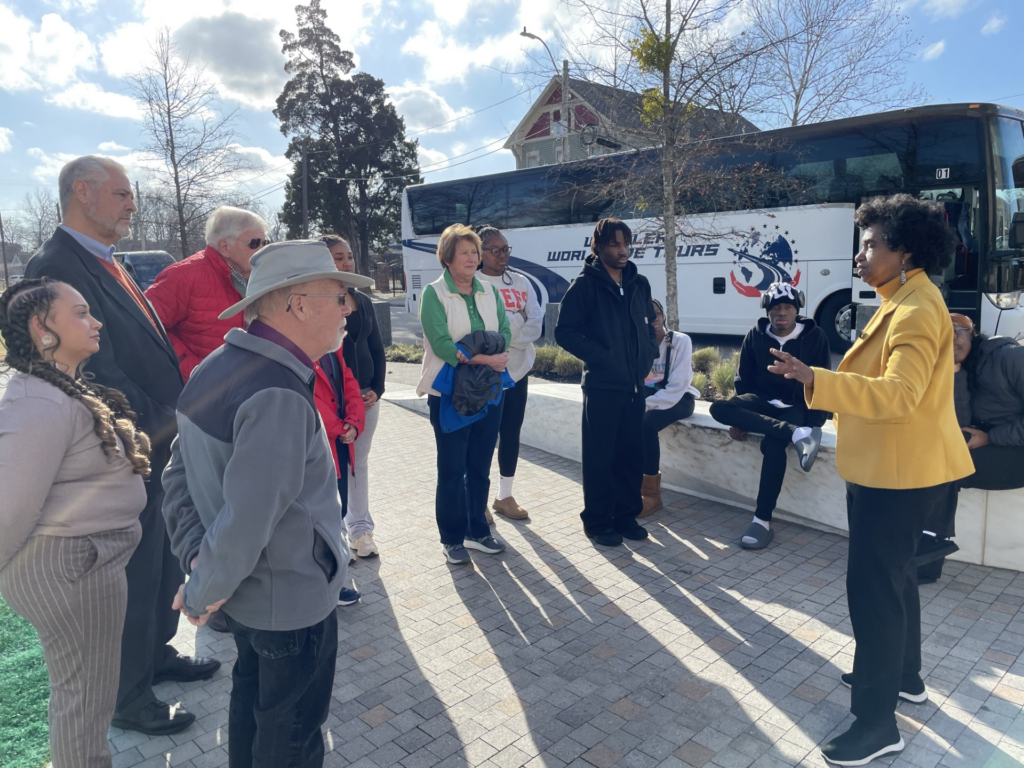
Related Content
